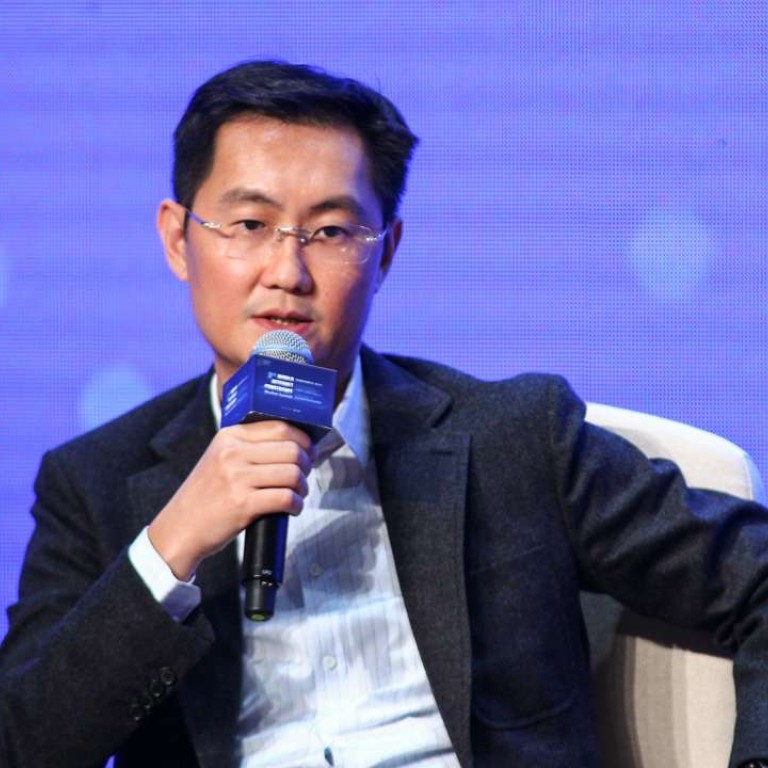
WeChat chief raises alarm over fake news in wake of Trump win
Tencent boss Pony Ma underlines need to regulate content on social media but another industry executive warns the authorities against excessive reactions to public opinion
The influence of fake news stories online during the US presidential election rang alarm bells and highlighted the need to crack down on the content’s spread, the head of one of the world’s biggest internet companies said on Friday.
But another Chinese industry executive cautioned regulators against resorting to extremes to tackle the issue.
Fake news spreading in US social media, which played a part in Trump’s victory, has sent an alarm to the international community
US social media companies have come under attack for allowing fake news stories to circulate on their platforms, allegedly helping Donald Trump win the US presidential race.
Addressing the World Internet Conference in Wuzhen, Zhejiang province, Pony Ma Huateng, chairman and chief executive of Tencent Holdings, said the controversy highlighted the need to seriously tackle the distribution of fake news online.
“Fake news spreading in US social media, which played a part in Trump’s victory, has sent an alarm to the international community,” Ma said.
“Tencent has always been strict in cracking down on fake news and we see it as very necessary.”
China exercises massive censorship on the internet and social media firms also have their own online censors who delete postings the Communist Party regards as sensitive or dangerous.

Ma said Tencent, with nearly 700 million active users on its social media app WeChat at the end of last year, had handled 17 million complaints so far this year after users reported rumours or spotted “illicit information”.
“In the past two or three years, many children and seniors have become our users. Sometimes they lack the acumen to discern true or false. Hence, we’ll do more to ensure security and social stability,” he said.
But Wu Wenhui, chief executive of China Reading, an online literature company, said regulators should not resort to extreme measures to tackle the problem unless it was absolutely necessary.
“The US incidents show the internet is more and more decentralised and people do not unanimously follow the opinions of experts,” Wu said.
The US incidents show the internet is more and more decentralised and people do not unanimously follow the opinions of experts
“Regulators should respect the convenient platforms [of social media] for the public to express their opinions. They should also be open and be honest in communicating with the public,” he said.
The three-day state-run conference ended with the release of a report calling for the formulation of widely accepted global internet governance principles and standards.
Xu Lin, the head of the Cyberspace Administration of China, also tried to dispel concerns about the country’s new cyberspace law at the forum.
Many foreign firms operating on the mainland say the provisions, including requirements to keep all data inside China and for firms to be subject to “security reviews”, mean their intellectual property rights and sensitive commercial information will be put at risk. Xu said the law was not aimed at discriminating at firms from other countries and was intended to improve online security.


